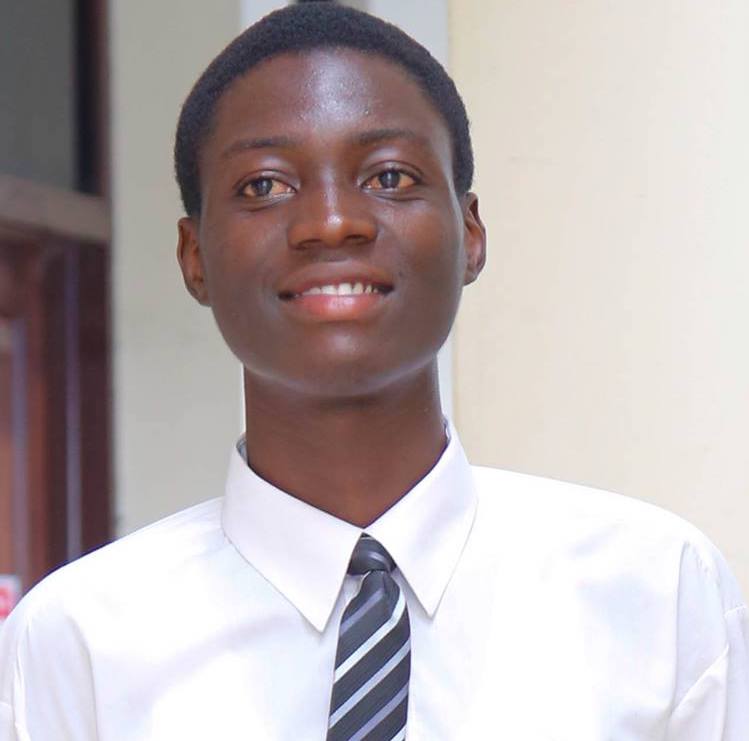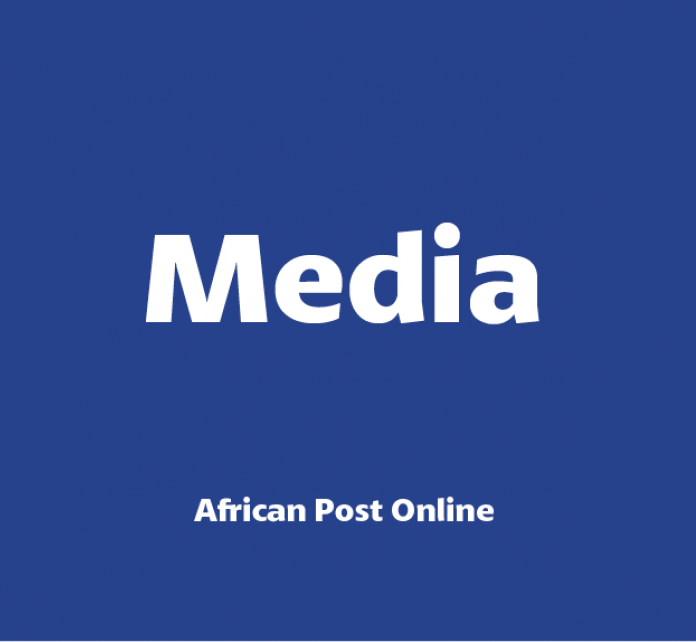ACCRA, Ghana – Tuesday, May 26, 2020,/ https://africanpostonline.com/ –Hubert Renfro Knickerbocker an American journalist said: “Whenever you see hundreds of thousands of sane people trying to get out of a place, and a little bunch of madmen struggling to get in, you know the latter are reporters.”
The Media across the world has come a long way. From the days of stiff political control, the media today operates in a more liberal environment in many countries. However, in recent times journalists face physical and verbal attacks sometimes resulting in death and threatening their ability to report news and information to the public. According to the United Nations Educational, Scientific and Cultural Organization (UNESCO) global report on freedom of expression and media development 2018, while more individuals have access to media content than ever before, the combination of political polarization and technological change has facilitated the rapid spread of hate speech, misogyny and unverified fake news often leading to disproportionate restrictions on freedom of expression.
Managing Editor of the Insight Newspaper, Kwesi Pratt says the nature of the media’s work makes them a danger to criminals. They expose crime and powerful people. Empires have collapse as a result of the media exposes. The media promotes a lot of good but also destroys a lot of things that pose a threat to society.
As the fourth estate of the realm, the media is on the frontline of holding governments accountable, shining light on corrupt activities in their bid to protect the rights of people but there is a worrying trend of how intolerant Ghana’s democracy is becoming to journalists and their work.
‘Journalism without Fear or Favour’ is the theme for the 2020 World Press Freedom Day. May 3 every year is the day of commemoration and governments across the world are to reaffirm their commitment to press freedom and journalists are to reflect on press freedom and professional ethics.
A Daily Graphic report in March, 2019 revealed a tall list of reporters, photojournalists, station managers and editors who were brutally assaulted by security officers. The political class is not left out on the attacks against journalist. The Media Foundation for West Africa (MFWA) in February, 2018 had to condemn the ruling New Patriotic Party (NPP) for their silence on attacks against journalists after five journalists who were covering a protest at the NPP headquarters were brutalized by security officials. Former President John Mahama in October, 2018 had to apologize to a journalist with the Multimedia Group after he was slapped by a bodyguard to the former president.
In January, 2019, Ahmed Hussein-Suale an investigative journalist with the Tiger Eye Private investigations was killed by unknown assailant. It is over 16 months and counting and the family of the late journalist is yet to receive justice for their son. The Media Foundation for West Africa (MFWA) in September, 2015 expressed worry over the killing of George Abanga a regional correspondent with Peace FM. “Even though the MFWA cannot independently verify that Abanga’s death is connected to his work, we are saddened by this development and call on the Ghana Police to investigate the matter and ensure justice for the journalist.”
The 2020 World Press Freedom Index saw Ghana drop three places. This is mainly due to threats and unresolved brutalities and murders journalists face in the line of duty. The global ranking is put together by Reporters Without Borders annually as they evaluate the state of journalism in about 180 countries. Ghana ranked 30th after coming 27th in 2019 as against been 23rd in 2018. Ghana also lost its position as Africa’s best ranked country.
A recent Afro barometer report by the Center for Democratic Development (CDD) Ghana showed that about 72% of Ghanaians perceive the media is not free to report on news without government interference and 19% believe the media in Ghana is somewhat free or even completely free.
In societies where people are free to raise issues of concern and debate them, these societies are more likely to find a best fit solution to their needs and correlates with the kind of development they desire. Ghana was honoured to host the 25th edition of the World Press Freedom Day celebration in 2018 in recognition of the work of the Ghanaian media.
The attacks on media freedom is not only peculiar to Ghana but the world all over. Jamal Khashoggi a Saudi Arabian journalist was murdered in October,2018, President of the United States of America Donald Trump is constantly discrediting the media through verbal attacks and branding reputable media networks as fake just for people to doubt the media. Reporters Without Borders revealed that 80 journalists were killed in 2018, 15 more than the previous year. The number of jailed journalists as at December, 2018 stood at 348 and most of these journalists were imprisoned in China, Egypt, Iran, Saudi Arabia and Turkey.
The story of media operations is not all gloom. In July, 2019 the Ministry of Information and UNESCO set out to provide a frame work for a national coordinating mechanism on safe and responsible journalism. Stakeholders were charged with the responsibility to draft a mechanism that will roll out interventions to ensure the prevention of attacks on journalists, protection of journalists and the prosecution of persons involved in attacks against journalists. Parliament of Ghana in March, 2019 passed the Right to information Bill into law for access to information. It is often said by lawyers that Ghana has some of the finest laws and policies in the world but implementation is the problem. There is the need for policymakers to ensure that laws and policies made for the benefit of society must be enforced to the latter.
The Director General of UNESCO says “at a time when we are mired in worry and uncertainty because of the Coronavirus (COVID-19) pandemic, free information is essential to helping us face, understand, think about and overcome this crisis. We must consider the vital importance of information in this situation; informing the public means giving everyone knowledge as a means of combating the illness by adopting appropriate practices”.
Governments across the world particularly in Africa must support the media with the right policies and the freedom to operate as journalists form a major part of change and development.
Governments and the media must understand that the real enemy is Fake News with accompanying issues of poverty, inequality and a host of things fueling the narrative of Africa being an undeveloped continent.
Powerful individuals, businesses and governments are being reminded today that journalism’s first loyalty is to citizens and its obligation is to the truth.
2017 Ghana Journalists Association’s Journalist of the Year and General Manager of Citi FM and TV Bernard Avle says, “I prefer a media that is weak to no media at all”.
Michael Sa-Ambo – African Post online

Michael Sa-Ambo is a consummate writer who is passionate about development on the African continent. His area of interest is in current affairs, personal development and communication.















